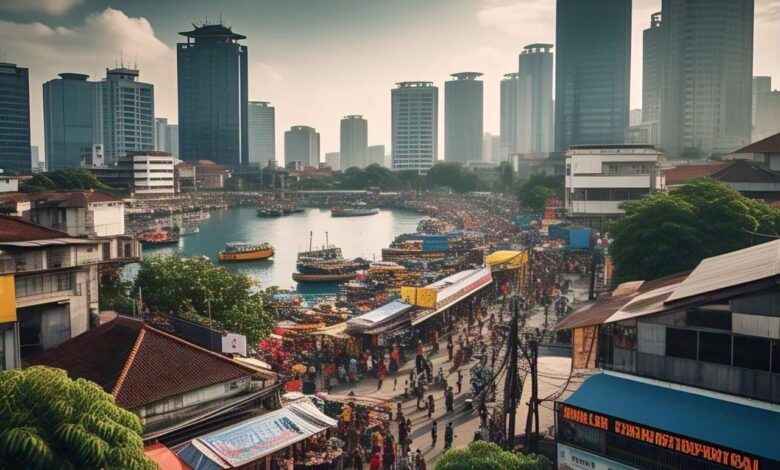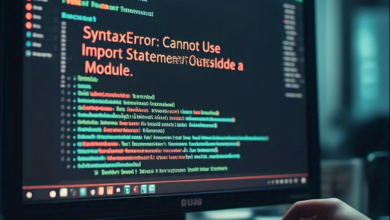Understanding the Impact of 111.90 L50 204 in Indonesia’s Business Landscape

The term “111.90 L50 204 in Indonesia” is not immediately recognizable to many, but it has significant relevance in various sectors of Indonesia’s economy, particularly in areas related to product codes, manufacturing, and industry-specific regulations. As Indonesia continues to evolve as a key player in the global market, understanding the implications of such designations becomes important for businesses, manufacturers, and consumers alike. This article explores the role of 111.90 L50 204 in Indonesia, its applications, and how it fits within the broader context of the country’s industrial and economic development.
The Role of Product Codes in Indonesia’s Economy
Indonesia, with its vast archipelago and growing population, is a hub for various industries, including manufacturing, agriculture, and technology. The nation’s economic framework relies heavily on efficient systems of organization, product categorization, and supply chain management. Product codes, like 111.90 L50 204, serve as critical elements in these systems. They help identify goods, track them throughout distribution channels, and ensure compliance with safety, quality, and regulatory standards. While the specific meaning of this code may vary depending on the context in which it is used, it can be generally linked to specific goods, parts, or classifications within a certain industry.
Product Codes in Indonesia’s Manufacturing Sector
One of the industries where product codes play a critical role is in manufacturing. Indonesia has become a major center for manufacturing, particularly in electronics, automotive, and textile industries. In these sectors, product codes like 111.90 L50 204 can be tied to specific components or materials that are integral to the assembly and production processes. For example, a product code could refer to an electronic part, a material used in construction, or even a specialized piece of equipment. Manufacturers rely on these codes to maintain consistency in their production lines, manage inventories, and ensure that they are using the right materials in the right quantities.
The Automotive Sector and Product Codes
Indonesia’s automotive sector, in particular, stands as a strong example of how product codes facilitate operations. As the country works to establish itself as a key player in the automotive manufacturing world, the importance of accurate product identification becomes even more crucial. Indonesia is home to numerous global automotive manufacturers, who depend on precise supply chain and logistics systems to manage their large-scale production operations. Product codes like 111.90 L50 204 help these companies maintain control over their inventory and production schedules, ensuring that each part is sourced, delivered, and installed according to the strictest specifications.
E-Commerce and Product Code Systems
Beyond manufacturing, the code 111.90 L50 204 could also relate to goods within Indonesia’s growing e-commerce sector. As online retail continues to thrive, product codes are essential in helping businesses streamline their processes, track inventory, and improve customer satisfaction. E-commerce platforms need to manage a vast array of products, from electronics to consumer goods, and assigning codes to these products simplifies inventory management and ensures that customers receive the right products in a timely manner. In Indonesia, where e-commerce is rapidly expanding, the role of product codes is becoming more pronounced, and they contribute to the smooth functioning of the sector.
Import and Export Regulations in Indonesia
Another significant aspect of the Indonesian market that involves product codes is the import and export sector. Indonesia is a major player in global trade, both as an importer of raw materials and an exporter of finished goods. The country’s strategic location, vast resources, and large workforce make it an attractive destination for international business. Product codes like 111.90 L50 204 are vital when it comes to import and export regulations. These codes are used to classify goods, ensuring that products meet Indonesian import standards and that they comply with international shipping regulations. In this way, product codes not only support businesses within Indonesia but also ensure that global trade adheres to established rules and standards.
Product Codes and Regulatory Compliance
In addition to aiding logistical operations, product codes play an essential role in ensuring regulatory compliance in Indonesia. As the country continues to develop, regulatory standards in industries such as food safety, pharmaceuticals, and consumer products become increasingly strict. Product codes like 111.90 L50 204 ensure that manufacturers, distributors, and retailers can track the origin and quality of products throughout their life cycle. This is particularly important in sectors where safety and quality standards are paramount. For instance, in the pharmaceutical industry, accurate product coding helps ensure that medicines are correctly classified and meet the necessary health and safety requirements before reaching consumers.
The Future of Product Code Usage in Indonesia
Looking ahead, the use of product codes like 111.90 L50 204 will likely increase as Indonesia continues to integrate into the global economy. With advancements in technology and the growing need for efficiency, the role of product codes in supply chain management, manufacturing, and e-commerce will continue to evolve. Businesses in Indonesia will rely on these codes to streamline operations, reduce errors, and ensure that products meet both local and international standards. Additionally, as the country adopts more digital technologies, product codes will likely become even more integral to the development of Indonesia’s digital economy.
Conclusion
In conclusion, while the term 111.90 L50 204 might appear as just another product code, it plays an important role in the structure and operations of Indonesia’s economy. Whether in manufacturing, e-commerce, or the global import-export market, product codes like these are vital to the smooth functioning of supply chains, regulatory compliance, and the overall efficiency of the country’s industries. As Indonesia continues to grow and develop, the importance of such systems will only become more apparent, helping the country to maintain its competitive edge in a rapidly changing global marketplace.





